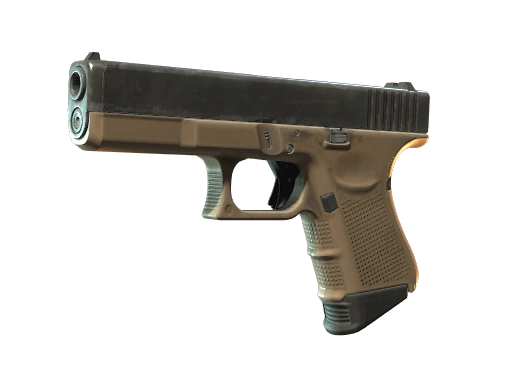Benzix News Hub
Stay updated with the latest news, trends, and insights.
Why Pistol Rounds in CSGO Are Like High-Stakes Poker Games
Discover how the tension of pistol rounds in CSGO mirrors the thrilling strategy of high-stakes poker—bet it all or fold!
The High-Risk, High-Reward Dynamics of Pistol Rounds in CSGO
In the world of CSGO, the dynamics of pistol rounds are often described as both high-risk and high-reward. These initial rounds can set the tone for the rest of the match and significantly impact a team's ability to secure victory. Players must balance between aggressive tactics and cautious playstyles, as investing too heavily in a risky strategy can lead to a quick loss of resources. During these rounds, teams typically face the challenge of making critical decisions regarding purchasing armor and utility, all while navigating the unpredictable nature of their opponents' maneuvers. The excitement of a well-executed pistol round can pivot the momentum of the game and energize the team’s morale.
Furthermore, the outcome of pistol rounds can often dictate the overall economic flow of the game. Winning a pistol round not only provides a crucial cash advantage but also allows players to build confidence as they enter subsequent rounds. On the other hand, losing a pistol round can leave a team scrambling to recover financially, forcing them into difficult positions in future engagements. Strategies and teamwork become pivotal, with effective communication playing a vital role in maximizing the chances of success. As players navigate this high-risk, high-reward scenario, understanding the implications of each decision can make all the difference between victory and defeat in competitive CSGO.

Counter-Strike is a popular series of first-person shooter games that focus on team-based gameplay, strategy, and tactical skills. Players can choose between playing as terrorists or counter-terrorists, with objectives that vary across game modes. If you're curious about how long is a cs2 match, the duration can vary based on the game's rules and conditions.
Reading the Table: How Pistol Round Tactics Mirror Poker Strategies
In both pistol round tactics and poker strategies, reading the table is crucial for success. Just as poker players assess their opponents' behaviors, players in pistol shooting must interpret environmental factors and opponent actions. Effective decision-making relies on quick analysis, where both disciplines require strategic thinking and an understanding of risk vs. reward. By observing the patterns of others, a shooter can adjust their stance and aim to optimize their outcomes, paralleling how a player might alter their betting style based on the perceived strength of their hand.
Moreover, in both scenarios, bluffing plays a pivotal role. A poker player might raise a bet to induce doubt or force a fold, just as a skilled marksman might feint a movement to distract or mislead an opponent. This tactical deception is essential in both domains; it not only creates opportunities for advantage but also forces competitors to reconsider their strategies. Therefore, understanding how to read the table in both poker and pistol round tactics can illuminate the shared psychological elements that drive success in these seemingly disparate practices.
All-In or Fold: What Pistol Round Decisions Teach Us About Risk Management in CSGO
In the fast-paced world of Counter-Strike: Global Offensive (CSGO), the concept of going all-in or folding is not only reserved for poker but is a vital part of gameplay strategy. Each round represents a calculated risk where players must assess their financial resources, team dynamics, and the enemy's likely moves. This decision-making process is akin to risk management in the business world, where one must weigh the potential gains against possible losses. Knowing when to commit your money to purchase powerful weapons or when to save can determine the outcome of an entire match, highlighting the importance of strategic thinking.
Similar to business ventures, successful risk management in CSGO requires understanding the broader game context, including your team's capabilities and the current economic state of both your side and the enemy. For instance, players often face situations where they must decide whether to buy up strong weapons or opt for a save round to build up their economy for future engagements. An all-in strategy may be effective if the team has a coordinated approach and superior position, while folding by saving can lead to a stronger play in later rounds. Recognizing when to hold your cards close and when to take decisive action is key to mastering both CSGO and effective risk management.